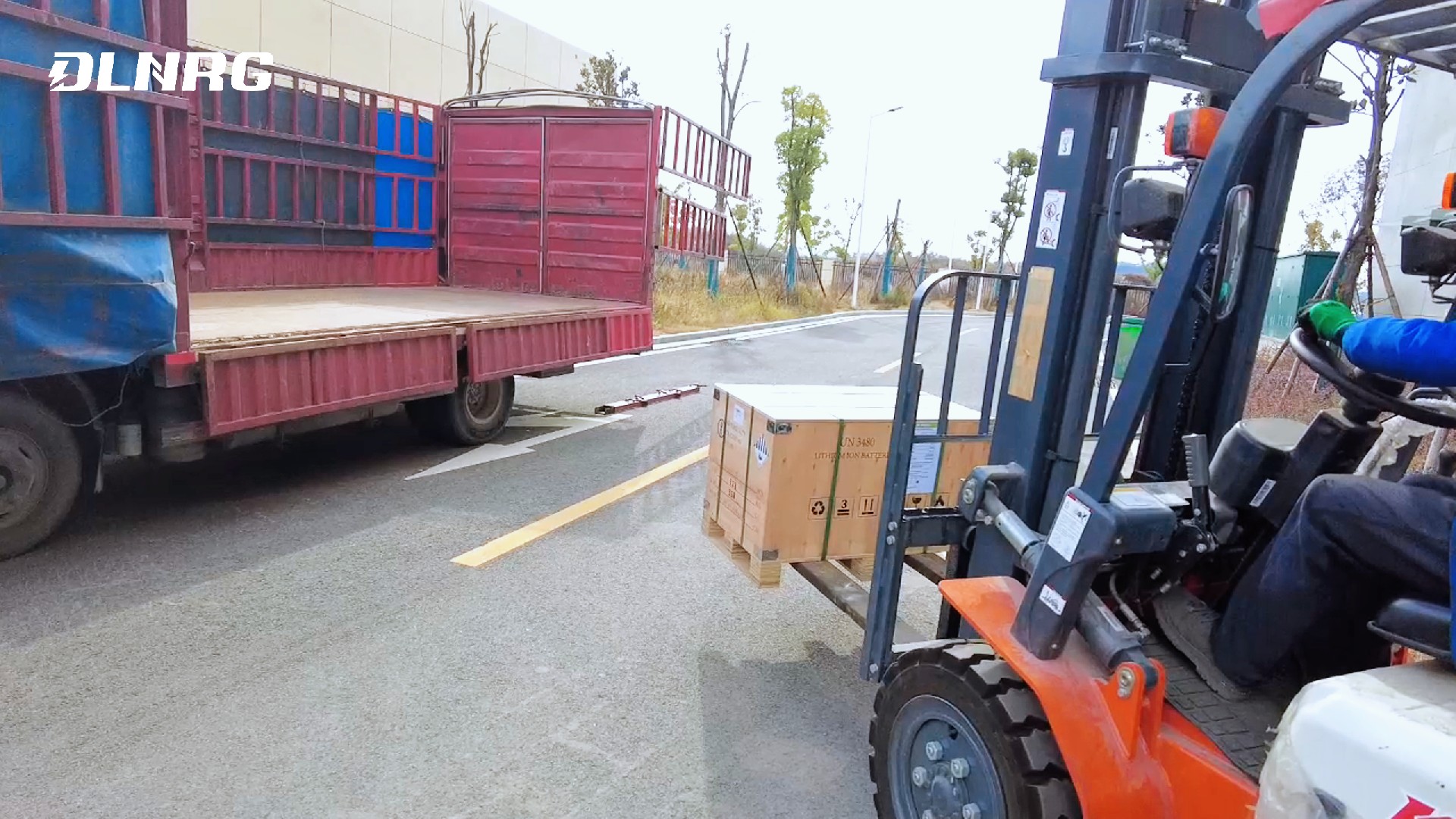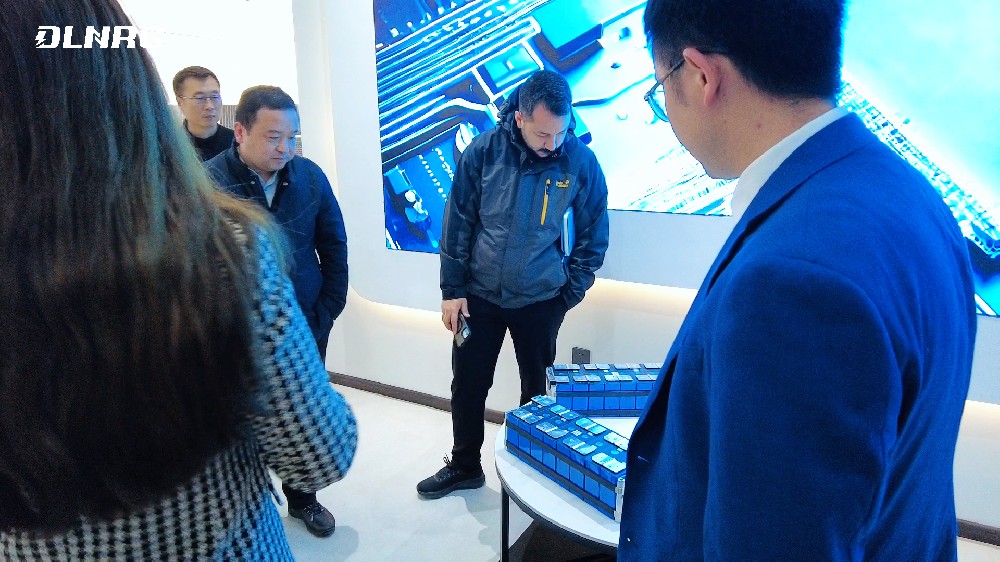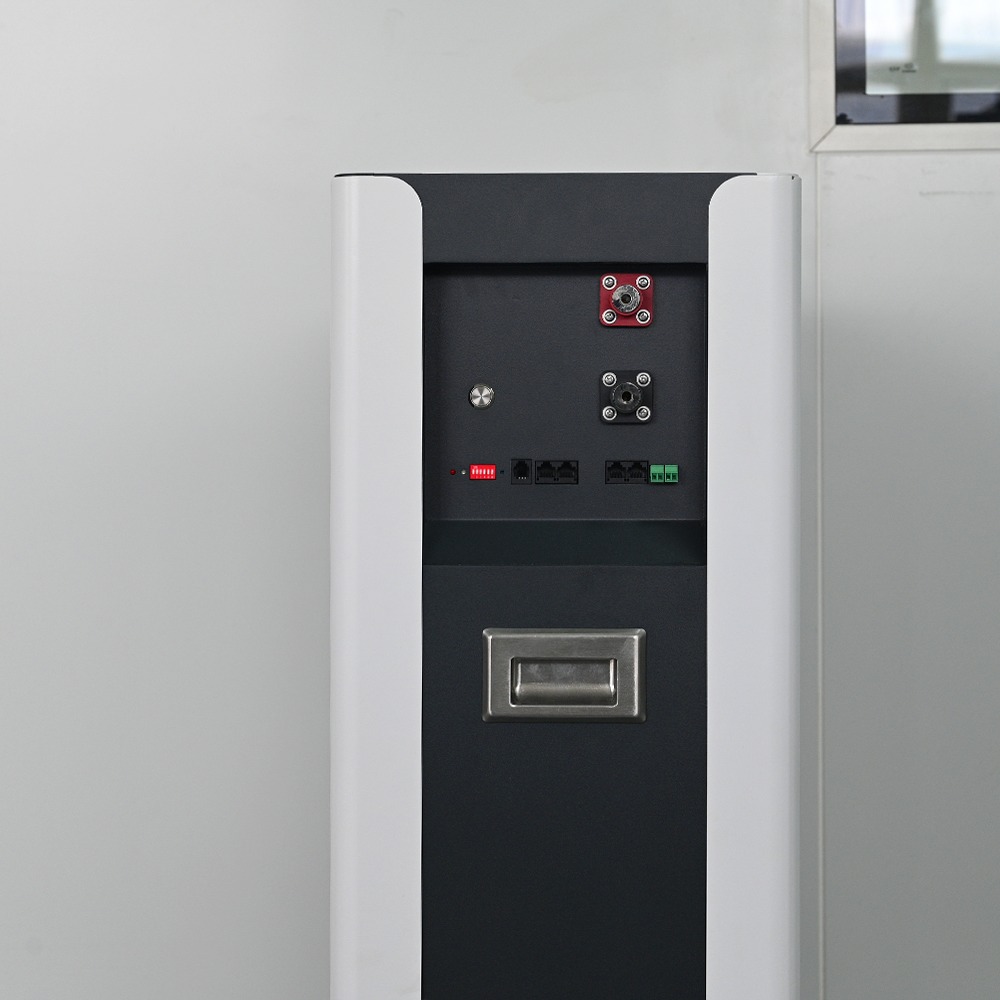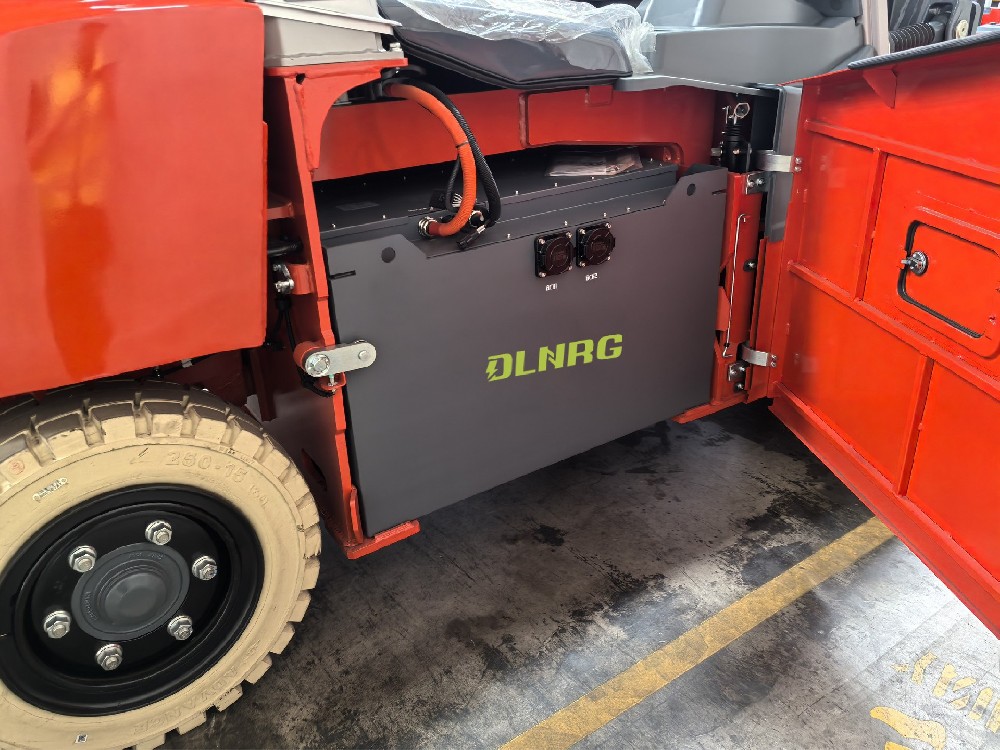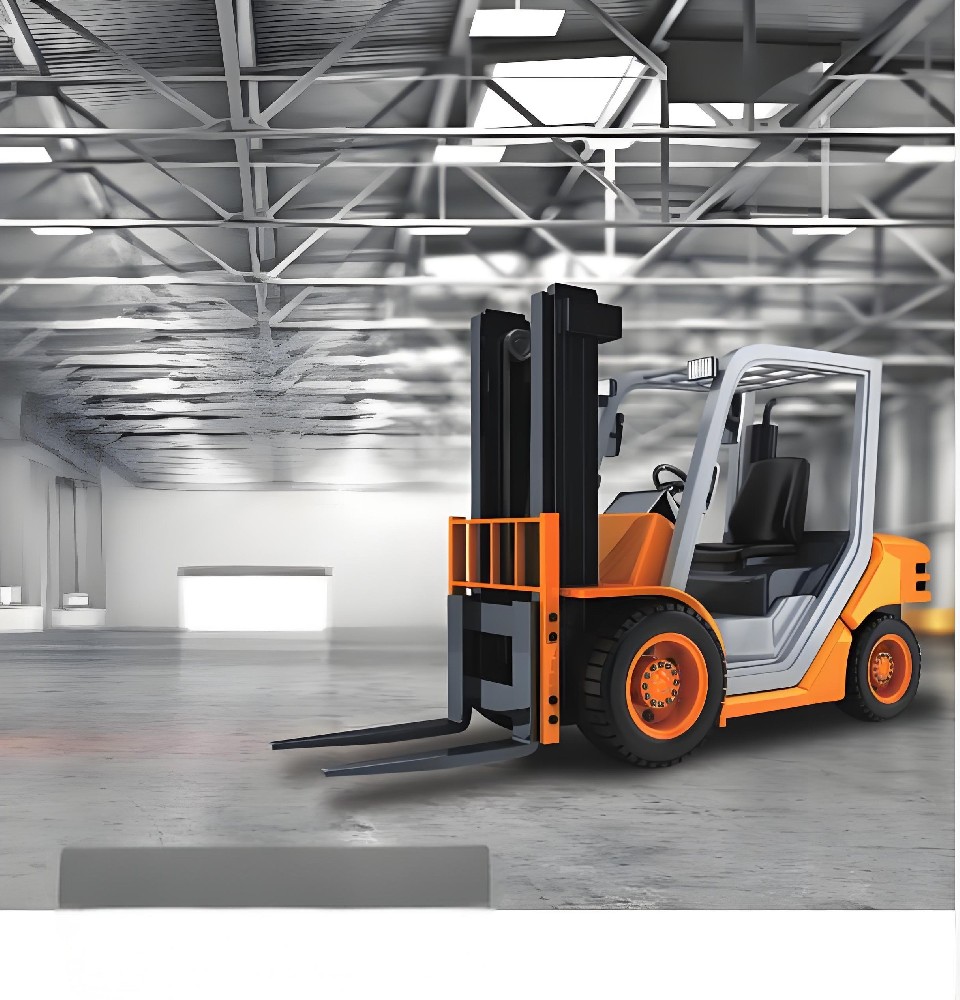A leading U.S. dairy producer switched to lithium-ion batteries to ensure uninterrupted operation of its fleet of warehouse forklifts in multi-shifts in temperatures ranging from -30°F to 70°F.
The company profiled here is one of the largest branded food and beverage companies in the U.S., with 13 manufacturing facilities across the country.
In 2018, the company was looking at ways to improve operational efficiency and safety. The cold freezer and cold room environments put a lot of stress on lead-acid batteries, resulting in long charging times and frequent disruptions to daily operations.
The switch to forklifts powered by FROST lithium-ion batteries was a seamless process that did not require any operational or infrastructure changes. As a result, operations management has seen an increase in forklift run time and a significant reduction in charging and overall battery maintenance time. Workplace safety has also improved.
The Challenge
With nearly 200 years of operating history, this dairy producer has evolved into one of the nation’s leading dairy producers with the highest operational and safety standards. Although electric forklifts are the best choice for food manufacturing and personnel safety, lead-acid batteries continued to present issues. In addition to acid spills and fumes during routine maintenance, lead-acid technology has an inherent weakness—the batteries lose up to 33% of their charge in cold environments (30°F) and up to 50% in freezers enduring brutal low temperatures of -20°F. Considering that lead-acid batteries cannot be discharged below 20%, and the strict charging schedule of 8 hours to charge and 8 hours to cool, fleet performance was clearly less than optimal.
Increased uptime had become a real issue for the company’s two-shift operation, as batteries needed to be charged and replaced in the middle of a shift. “It was frustrating!
How Lithium Batteries Helped
When the facility manager introduced the new Li-ion technology, management had known about the technology for years. However, the warehouse manager was concerned about the actual performance of Li-ion batteries in cold environments. There were no benchmarks or other cases to reference for Li-ion batteries used in similar applications.
He started with a comprehensive power study of the equipment application, including data analysis of charging time, maintenance time, and a complete ROI calculation. He proposed a "one truck - one battery" design based on the Li-ion power solution, as well as a new setup of chargers closer to the operation.
The company decided to start with a demo battery to make a data-driven decision. The Lithium solution has advanced data capabilities. The battery's BMS (Battery Management System) provides insights into the battery's discharge state, the exact time and duration of charge and discharge events, and calculates the total Ah throughput. The ability to accurately calculate the battery's service life also helps determine the voltage and capacity that is best suited for a specific operation!
After a few weeks of operation, the actual usage data of the demo battery was clear - a larger capacity battery was needed for optimal performance. The 630Ah capacity recommendation was updated to 840Ah.
Proven by the Data: 840A Lithium Forklift Battery is the Right Choice for Cold Storage
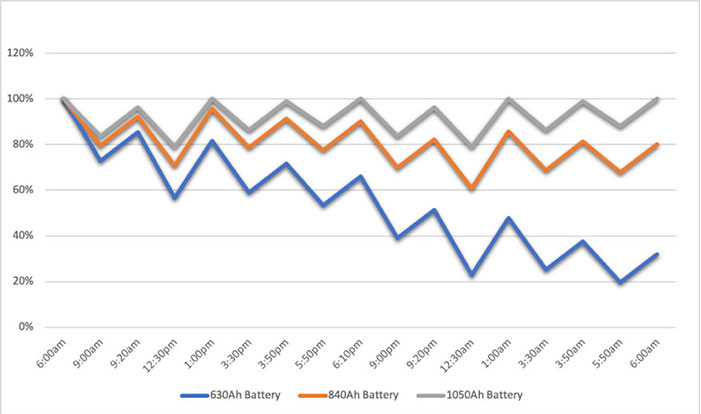
FROST I batteries are offered for forklifts operating in colder environments. These batteries are insulated to allow safe operation in temperatures around 30°F with occasional trips into the freezer. These batteries require charging outside the freezer.
Freezer operations require FROST II batteries, which operate in temperatures as low as -22°F and never leave the freezer, including when charging! These batteries have a thermostat-controlled heater to warm the battery, are insulated, and the housing is sealed to prevent dust and condensation. Charging during any break and lunch time provides optimal performance for the lithium-ion battery at any given moment, one, two, or even three shifts a day!
Summary. Results, ROI, and Future Plans
The forklifts currently operated by this dairy producer division are powered by lithium-ion batteries designed and customized for each operation - FROST I and II for freezer and refrigeration environments, Standard American Lithium For use in normal ambient temperatures.
Warehouse managers report a slight increase in lift run time and a significant reduction in charging and overall maintenance time. Safety improvements are also important - no more risk of acid leaks and fumes or risks associated with battery replacement. Other corporate facilities are watching this story closely, and some have already begun to turn to lithium-ion batteries.
Any major economic and business stress will drive technology trends that are already unstoppable in "peaceful" times. Companies are looking for ways to improve efficiency as a means of survival, not just as a "nice to have" or "nice to have" environmental initiative.
Efficient lithium-ion batteries are replacing old-fashioned lead-acid battery technology. The time-tested lithium battery solution is no longer new, and in the coming years we will see an accelerated adoption of lithium-ion batteries by all material handling players.
